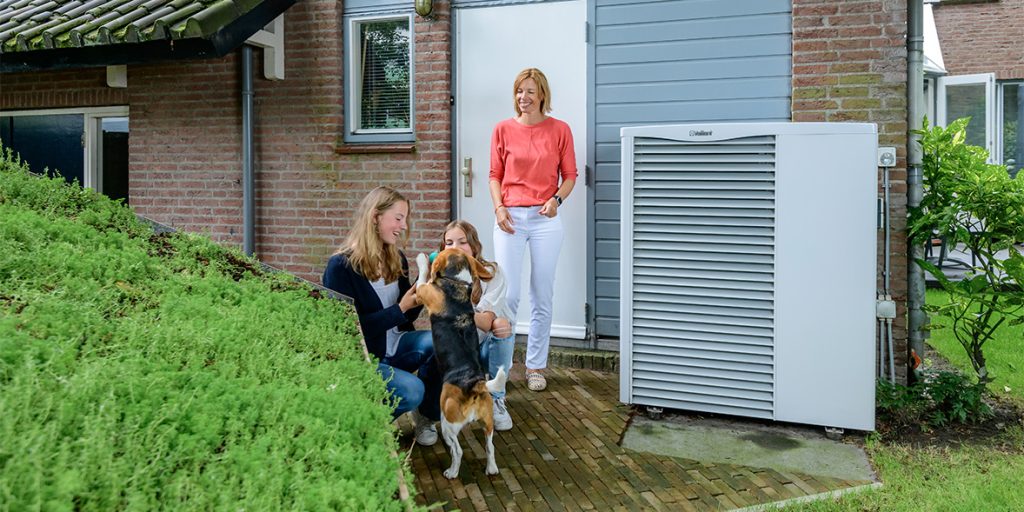Heat pumps are becoming increasingly popular as a heating and cooling solution due to their efficiency and environmental benefits. They operate on a principle similar to that of a refrigerator, transferring heat from one place to another rather than generating heat through combustion. This process results in significantly higher energy efficiency compared to traditional heating systems, such as furnaces or boilers. The efficiency of a heat pump is often measured by its Coefficient of Performance COP or its Seasonal Energy Efficiency Ratio SEER for cooling, and Heating Seasonal Performance Factor HSPF for heating. The COP indicates how much heat is moved per unit of energy consumed. For instance, a COP of 3 means that for every unit of electrical energy used, three units of heat are transferred. High-efficiency heat pumps can have COPs exceeding 4, making them highly effective at converting energy. Similarly, SEER and HSPF ratings provide a measure of the heat pump’s efficiency over a typical season, with higher ratings indicating better performance.

The environmental benefits of heat pumps are significant. Because they move heat rather than generate it, they rely less on fossil fuels, leading to lower greenhouse gas emissions. When powered by renewable electricity sources, such as wind or solar, the carbon footprint of heat pumps can be minimal. This makes them a key component in reducing overall carbon emissions and combating climate change. Additionally, since heat pumps use less energy compared to conventional heating methods, they contribute to a reduction in energy consumption and reliance on fossil fuels, further benefiting the environment. From a financial perspective, heat pumps can also offer substantial savings. Although the initial installation cost can be higher than traditional systems, the long-term savings on energy bills often offset this upfront investment. Due to their efficiency, heat pumps reduce the amount of energy required to heat or cool a space, which translates to lower utility bills. Moreover, how many watts does a heat pump use many incentives and rebates for installing energy-efficient systems, which can help reduce the installation costs and accelerate the return on investment.
Heat pumps also offer advantages in terms of operational costs. They have fewer moving parts than traditional combustion-based systems, which can lead to lower maintenance costs and longer lifespans. The lack of combustion also means that there are fewer concerns about fuel storage or combustion-related safety issues. This overall reduction in maintenance and operational concerns adds to their cost-effectiveness. However, it is important to consider that the efficiency of heat pumps can be affected by climate conditions. In extremely cold climates, their performance may decrease, though advancements in technology have improved their effectiveness in low temperatures. In such cases, supplementary heating might be required during very cold spells. Despite this, heat pumps are generally versatile and can be effective in a variety of climates. In conclusion, heat pumps offer a compelling combination of environmental benefits and cost savings and view the page www.jnodenergy.com. Their high efficiency translates to reduced energy consumption and lower greenhouse gas emissions, while the potential for substantial savings on energy bills makes them a financially attractive option in the long run.

